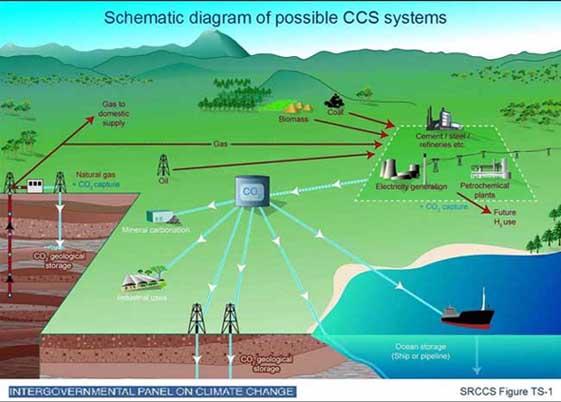Global trends in sustainable energy investment 2008
This report provides an overview of different types of capital flows and an analysis of the trends in sustainable energy investment activity in developed and developing countries. The information is intended to be a strategic tool for understanding the status of the sustainable energy sector's development and for weighing future public and private commitments to the sector.


